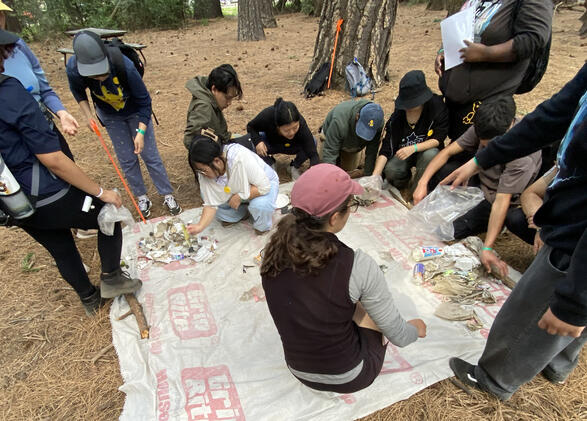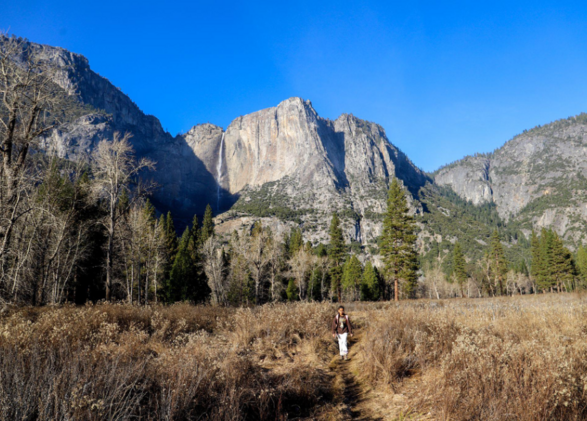NatureBridge in the News

NatureBridge was featured in an Op-Ed that was picked up by The Hill about the importance and impact of exposure to nature on mental health for young people. In the article, NatureBridge CEO Phil Kilbridge and associate professor in the Doerr School of Sustainability and a senior fellow at the Woods Institute for the Environment at Stanford University Nicole Ardoin lay out the case for using outdoor education as a solution to things such as increased screen use, creating a relationship and sense of meaning with nature, effective social and emotional learning, and so much more.
This is an excerpt from the article "Is this the only bipartisan solution to the youth mental health crisis?", The Hill.
Prior to 2020, a mental health crisis was already underway among young people. That crisis has been exacerbated by the pandemic, and the aftershocks will reverberate through this generation unless we create a multipronged approach based on whole-child restoration.
That approach must include one of the only scientifically backed, equitable initiatives we’ve found with broad bipartisan appeal: immersive outdoor education.
The idea of getting outside to improve one’s state of mind is nothing new; “forest schools” have existed in the United States since 1927, and 75 percent of Americans count being outdoors among their more enjoyable pleasures in life. What is new is the growing mountain of evidence proving the efficacy of outdoor education programming.
The cost of these outdoor education programs would be far outweighed by the benefits. Creating, expanding and funding immersive outdoor education may be one of the only bipartisan solutions to the youth mental health crisis.Phil Kilbridge, NatureBridge CEO and Nicole Ardoin, associate professor at Stanford Doerr School of Sustainability

